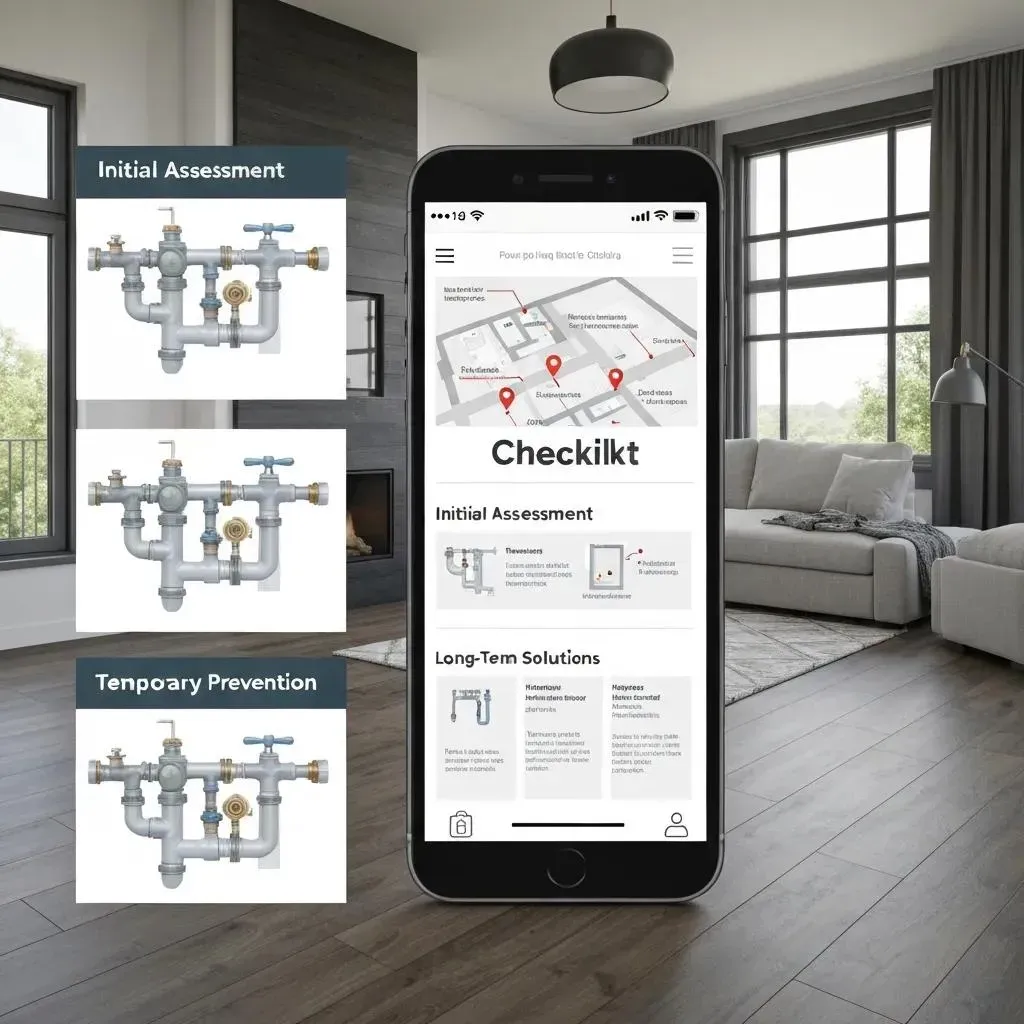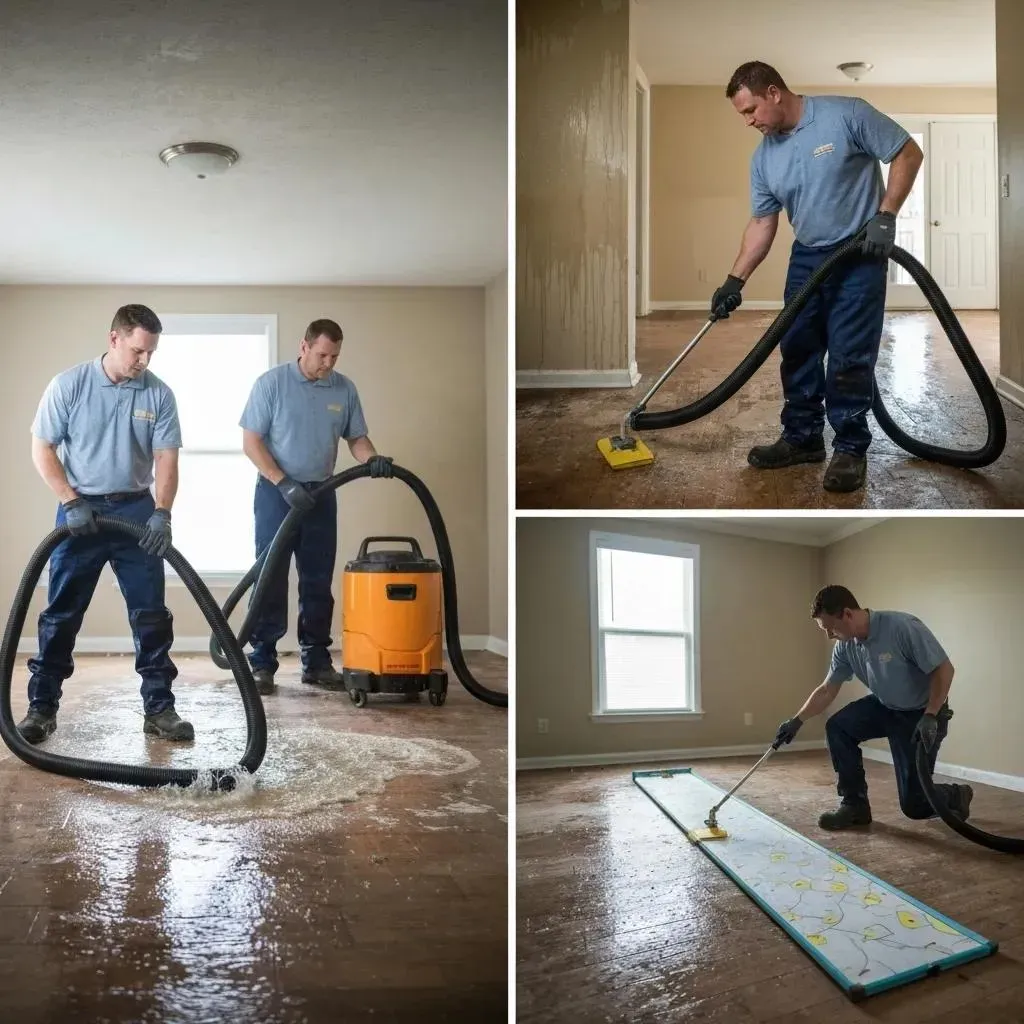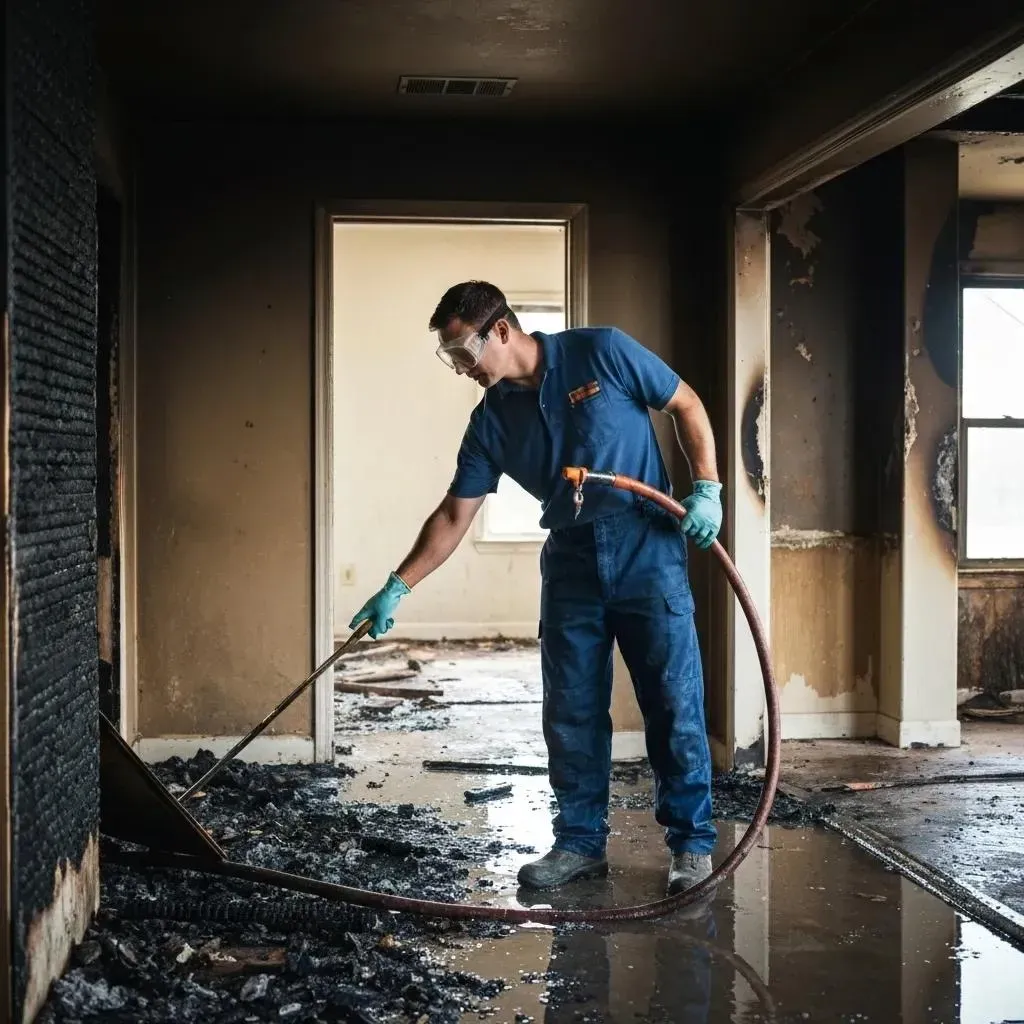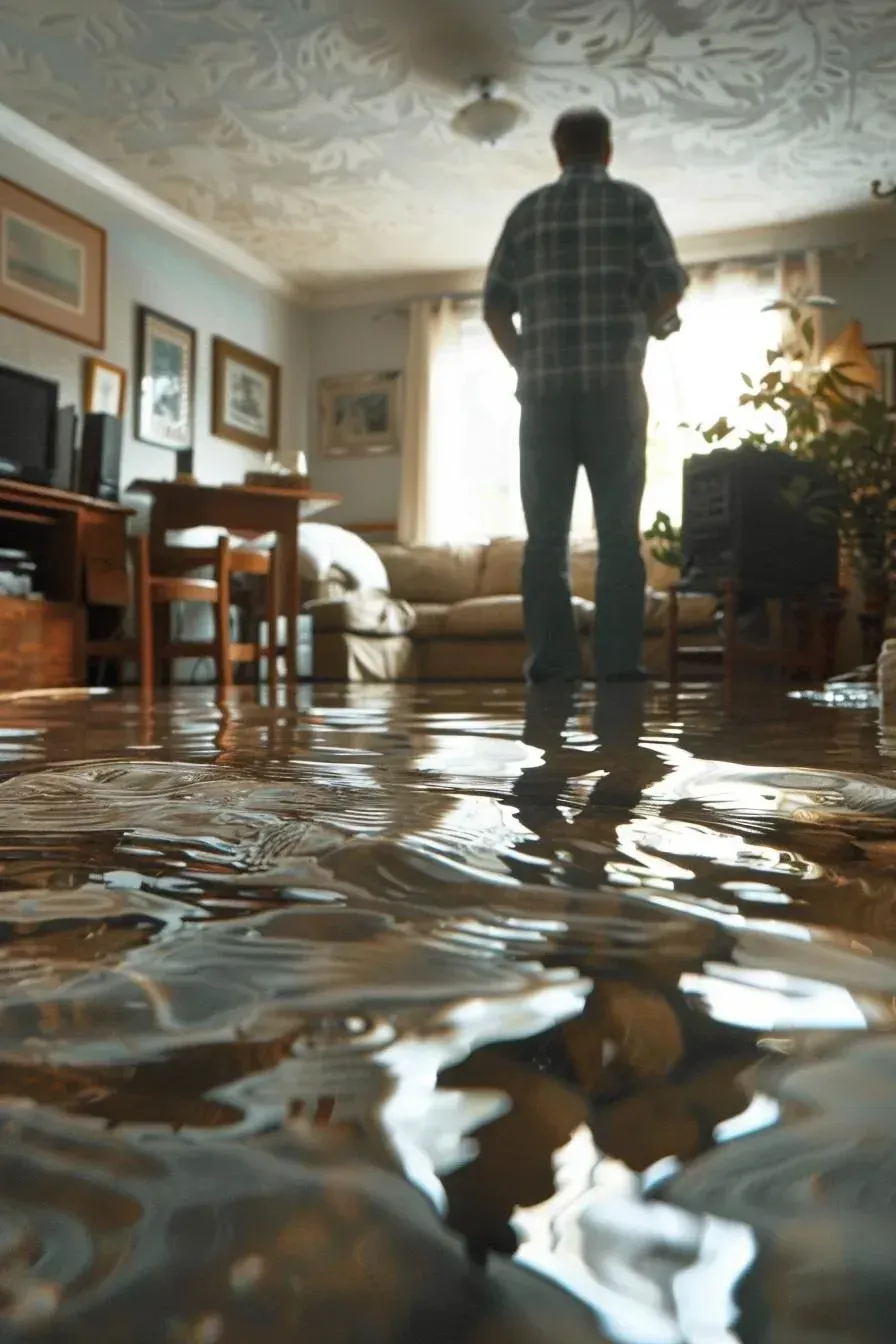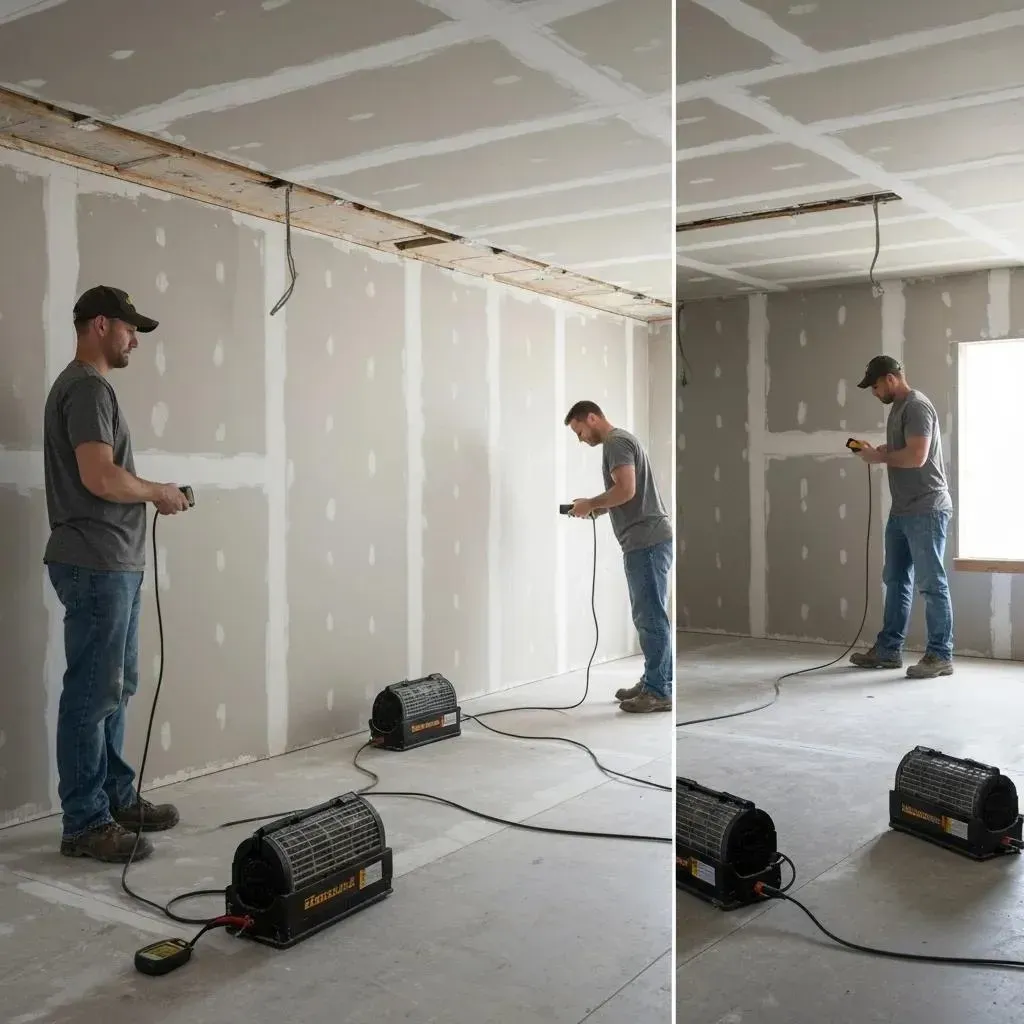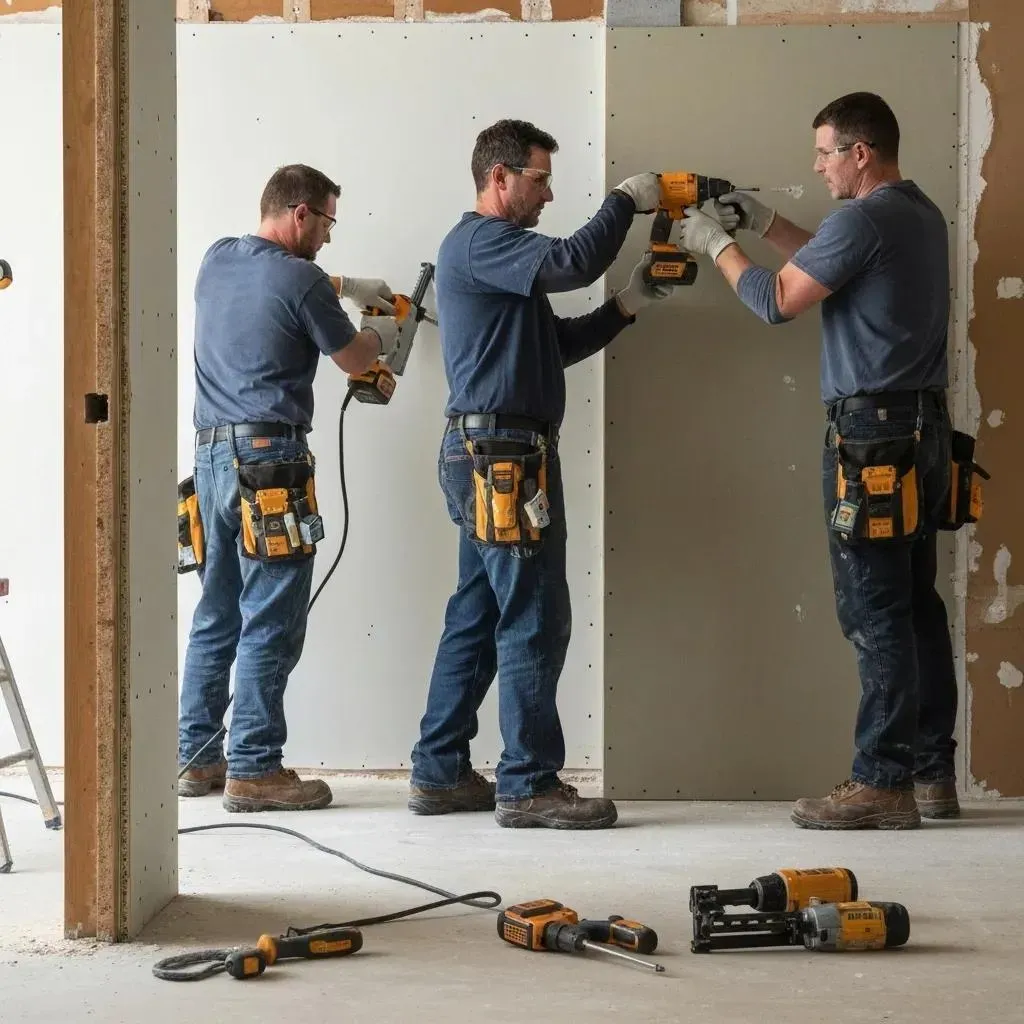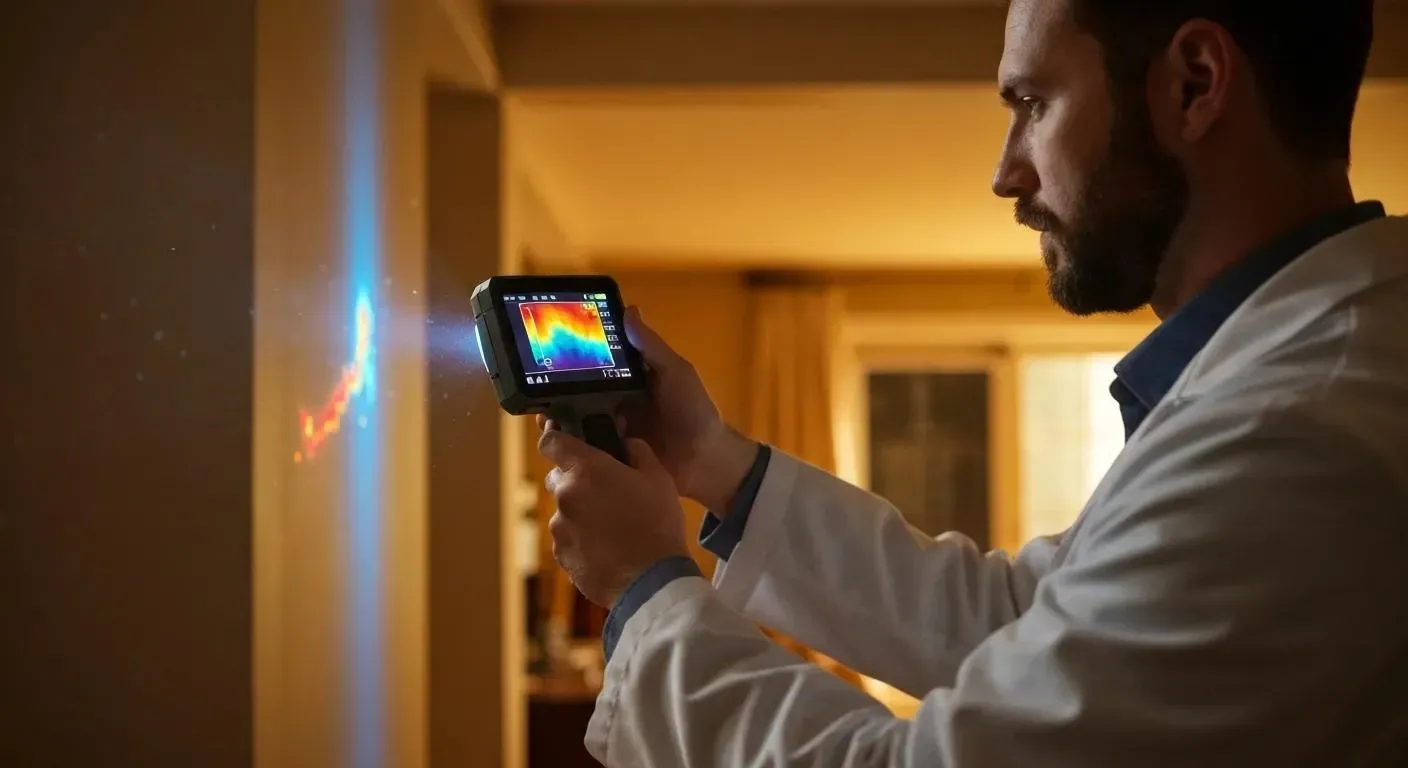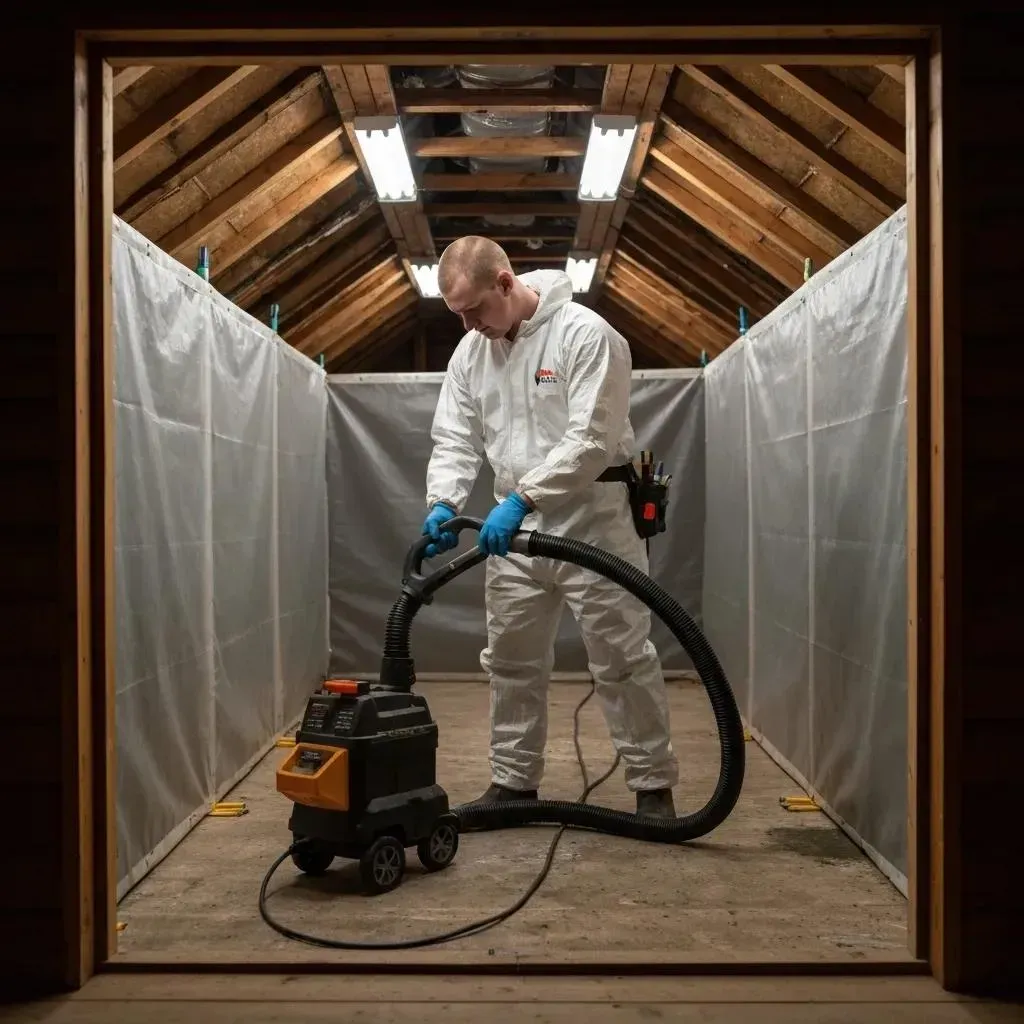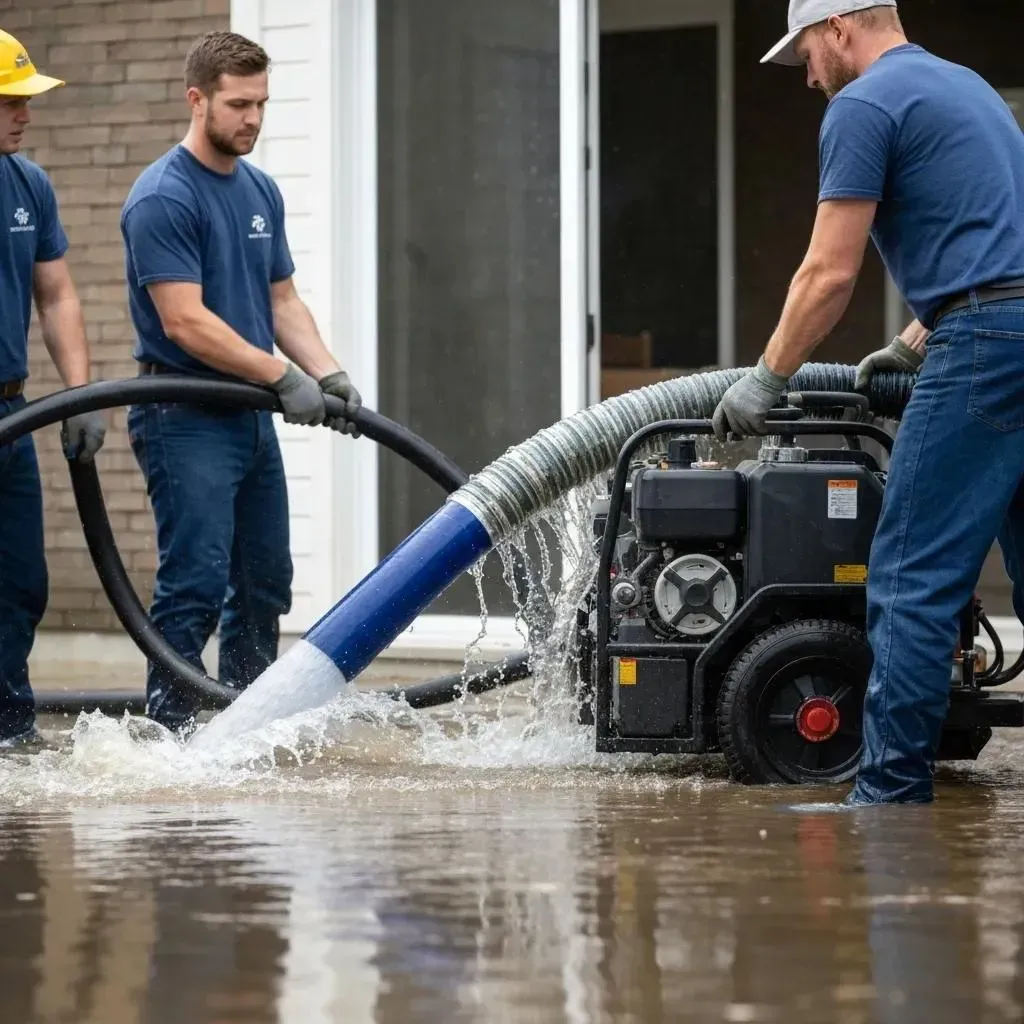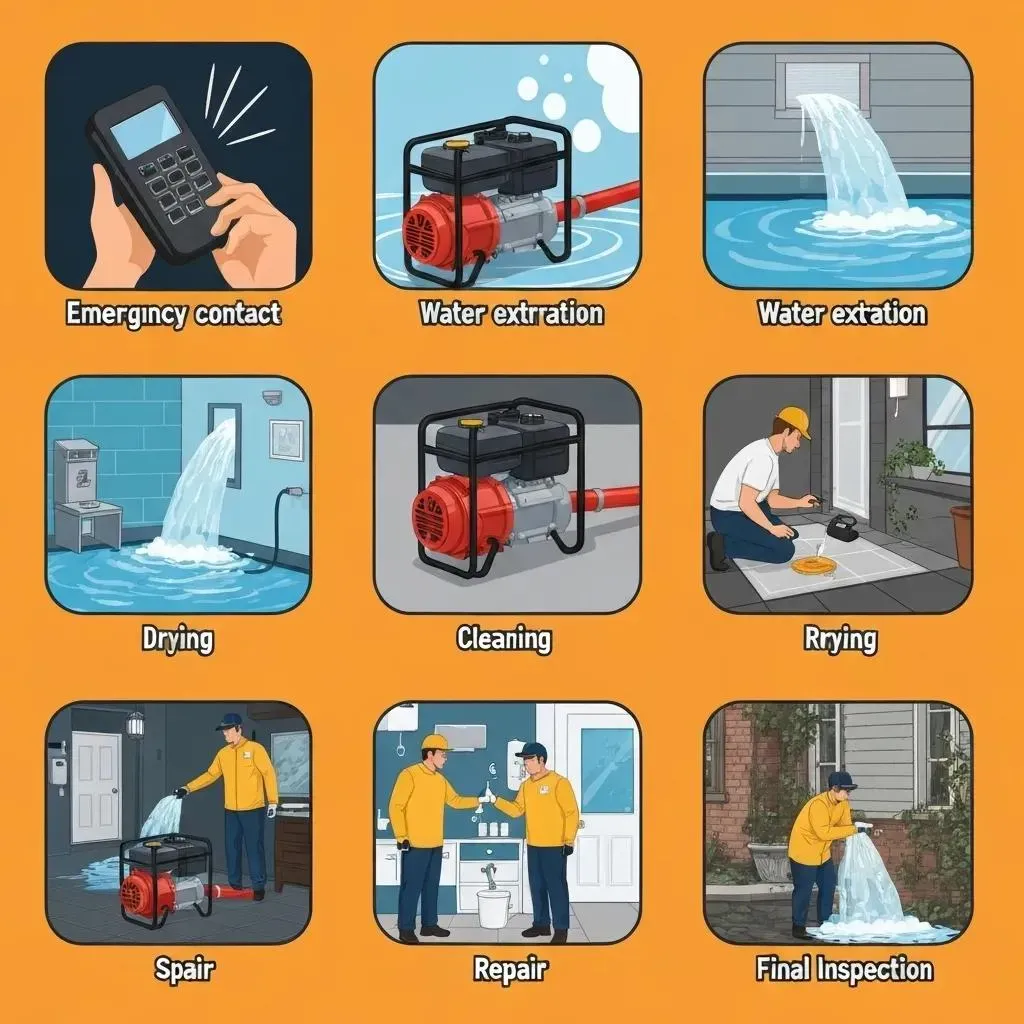Blog
Why Testing Before You Renovate Is Non-Negotiable in Denver
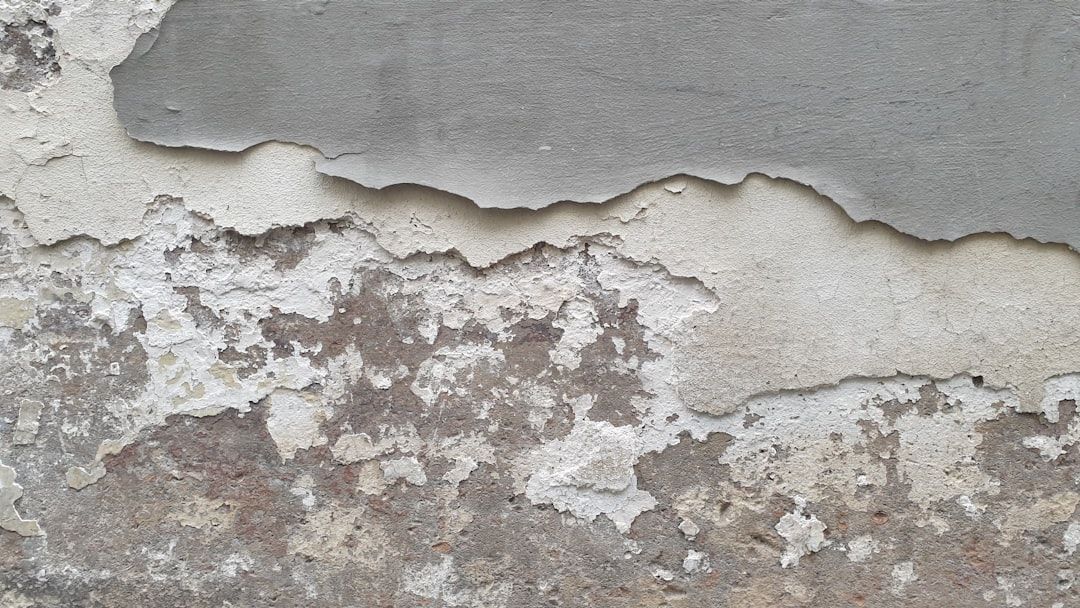
Asbestos and lead testing denver is a critical safety step that many homeowners overlook until it's too late. Whether you're planning a kitchen remodel, bathroom renovation, or dealing with unexpected damage, proper testing protects your family's health and keeps your project on track.
Colorado requires asbestos testing before any renovation or demolition of existing buildings. Lead-based paint, banned in 1978, still exists in over 35% of U.S. homes. As Mike Martinez, owner of Accountable Home Services, I've guided countless Denver families through the asbestos and lead testing denver process. My team works with certified testing professionals to ensure your project starts safely and stays compliant with Colorado's strict environmental regulations.
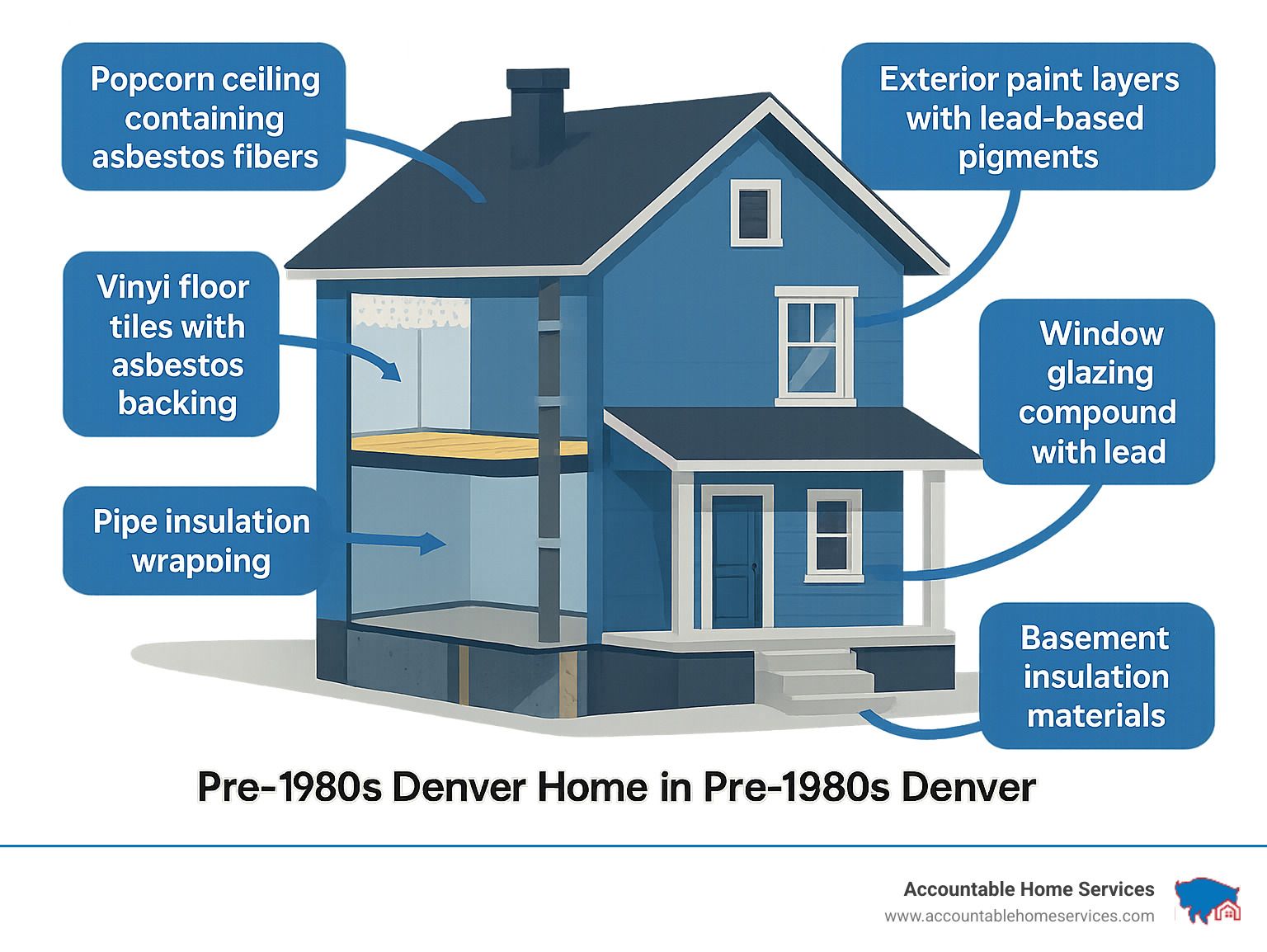
The Hidden Dangers in Older Homes
Many Denver homes built before the 1980s contain hidden hazards like asbestos and lead-based paint. Asbestos, once prized for insulation and fire resistance, was used in everything from popcorn ceilings to pipe insulation. When disturbed, its microscopic fibers can become airborne, leading to severe health risks like asbestosis, lung cancer, and mesothelioma.
Similarly, lead-based paint was common until its ban in 1978. Deteriorating or disturbed paint creates lead dust, which is especially dangerous for children and pets. Ingesting or inhaling this dust can cause developmental delays, learning disabilities, and other serious health issues. Understanding these risks is the first step to a safe renovation. For more details, see our guide on how Holiday Renovations Manage Asbestos Risks In Denver Homes.
When Is Testing a Must?
Wondering if
asbestos and lead testing denver is necessary for your property? The answer is almost always yes in these key scenarios:
- Renovation & Demolition: Colorado law requires testing before any remodel, restoration, or demolition project. Ignoring this can lead to fines and project delays.
- Real Estate Transactions: Testing is crucial for due diligence when buying or selling an older home, protecting both parties from future liabilities.
- Water or Fire Damage: Unexpected events can disturb hazardous materials, releasing fibers or dust into the air. Testing is vital before restoration begins.
- Property Management: Owners of multi-family, commercial, or industrial properties must ensure the safety of tenants and employees through regular testing and management.
If your Denver property was built before 1980, or if you plan to disturb any building materials, professional testing is a necessity for safety and compliance.
The Complete Guide to Asbestos and Lead Testing in Denver
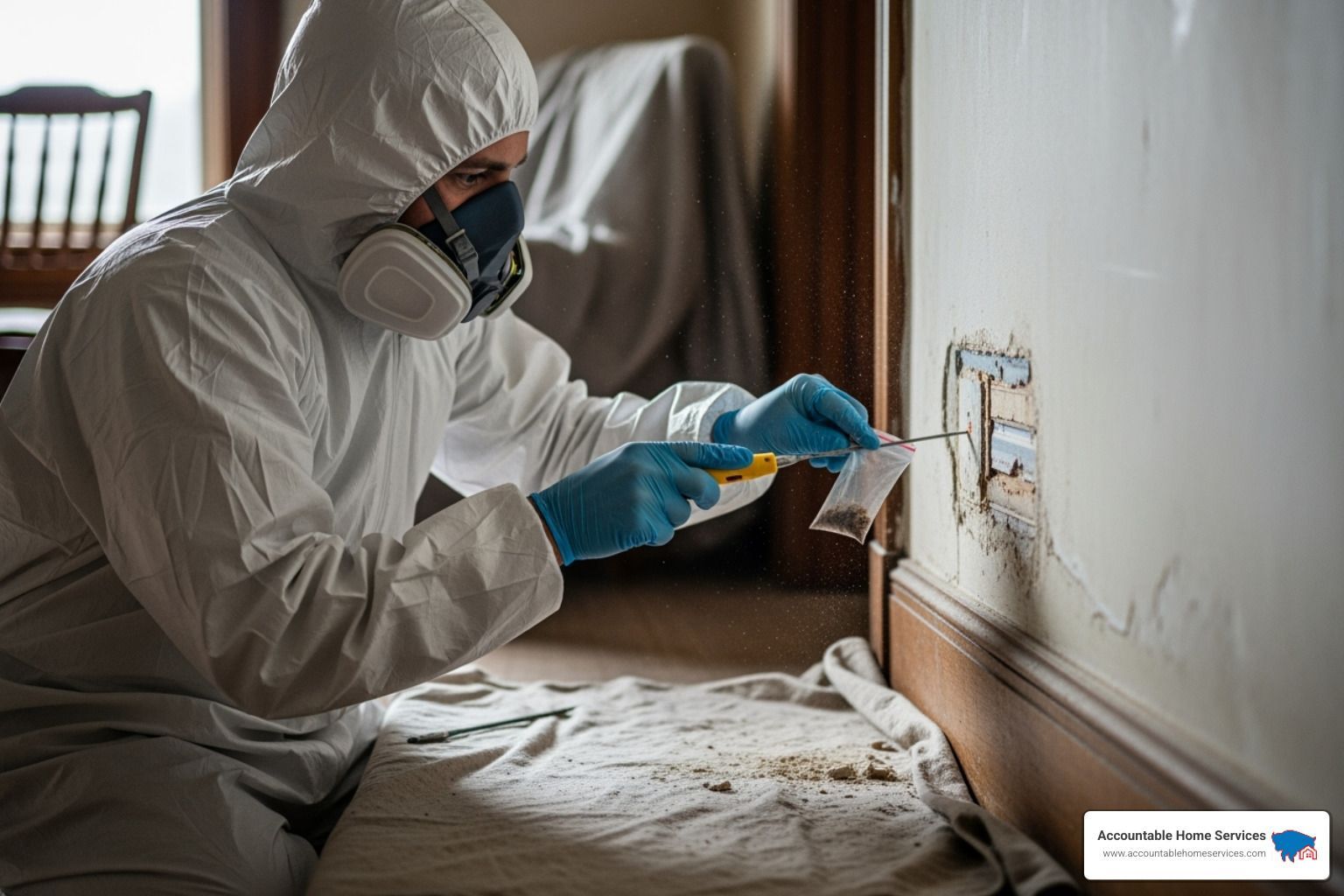
Understanding the asbestos and lead testing denver process can ease a lot of anxiety. Professional testing is a straightforward and thorough process designed with your safety in mind.
What to Expect from the Testing Process
Working with certified professionals means they handle the technical details while keeping you informed. Here’s how it unfolds:
- Scheduling: Most companies offer flexible scheduling, including same-day or next-day appointments for urgent situations. They'll ask about your property's age and the scope of your project.
- On-Site Assessment: An inspector conducts a visual evaluation, identifying materials that commonly contain asbestos or lead, like popcorn ceilings, vinyl tiles, insulation, and old paint.
- Sample Collection: For asbestos, inspectors use bulk sampling, carefully removing small pieces of suspect materials. For lead, they often use XRF analyzers for instant, non-damaging results or collect paint chip samples for lab analysis.
- Lab Analysis: All samples are sent to NVLAP certified laboratories for analysis, ensuring the highest standards of accuracy.
- Receiving the Report: You'll get a comprehensive report with photos, lab results, and clear explanations of the findings written in plain English.
Understanding the Costs of Asbestos and Lead Testing in Denver
The cost of
asbestos and lead testing denver is influenced by several factors, but reputable companies are transparent about their pricing.
- Trip Charge: Most companies charge a trip fee of $115 to $145 per visit, covering the inspector's travel and initial assessment.
- Per-Sample Fees: The main cost comes from per-sample fees, typically $20 to $35 for asbestos. Lead testing with an XRF analyzer may be a flat rate.
- Turnaround Time: The speed of results impacts the price. Faster results are available for an additional fee, which is useful for tight deadlines.
| Turnaround Time | Typical Per-Sample Cost Adjustment | Notes |
|---|---|---|
| Same-Day | $35+ per sample | Ideal for urgent situations. XRF lead testing provides instant results. |
| Next-Day | $25 per sample | A popular choice for faster results without the highest premium. |
| Standard | $20 per sample | Usually 3-10 business days. The most cost-effective option. |
Some companies also handle demolition permits (around $115). Discuss your needs upfront to get an accurate quote.
Decoding Your Test Results
Understanding your test results is crucial for determining the next steps.
- Positive vs. Negative: A positive result means asbestos or lead was detected above lab limits.
- Asbestos Terms: You'll see terms like friable (easily crumbled, like damaged insulation) and non-friable (bound in materials like vinyl tiles). Friable asbestos is more dangerous as it easily releases fibers.
- Lead Levels: The report will show lead concentration and indicate if it exceeds regulatory thresholds (typically 1.0 mg/cm² or 0.5% by weight), which defines it as "lead-based paint."
- Recommendations: Good reports include actionable thresholds and recommendations for next steps, often with referrals to certified abatement contractors.
Quality testing companies will walk you through the findings, turning a stressful situation into a manageable one.
How to Vet a Testing Company: Credentials and Certifications
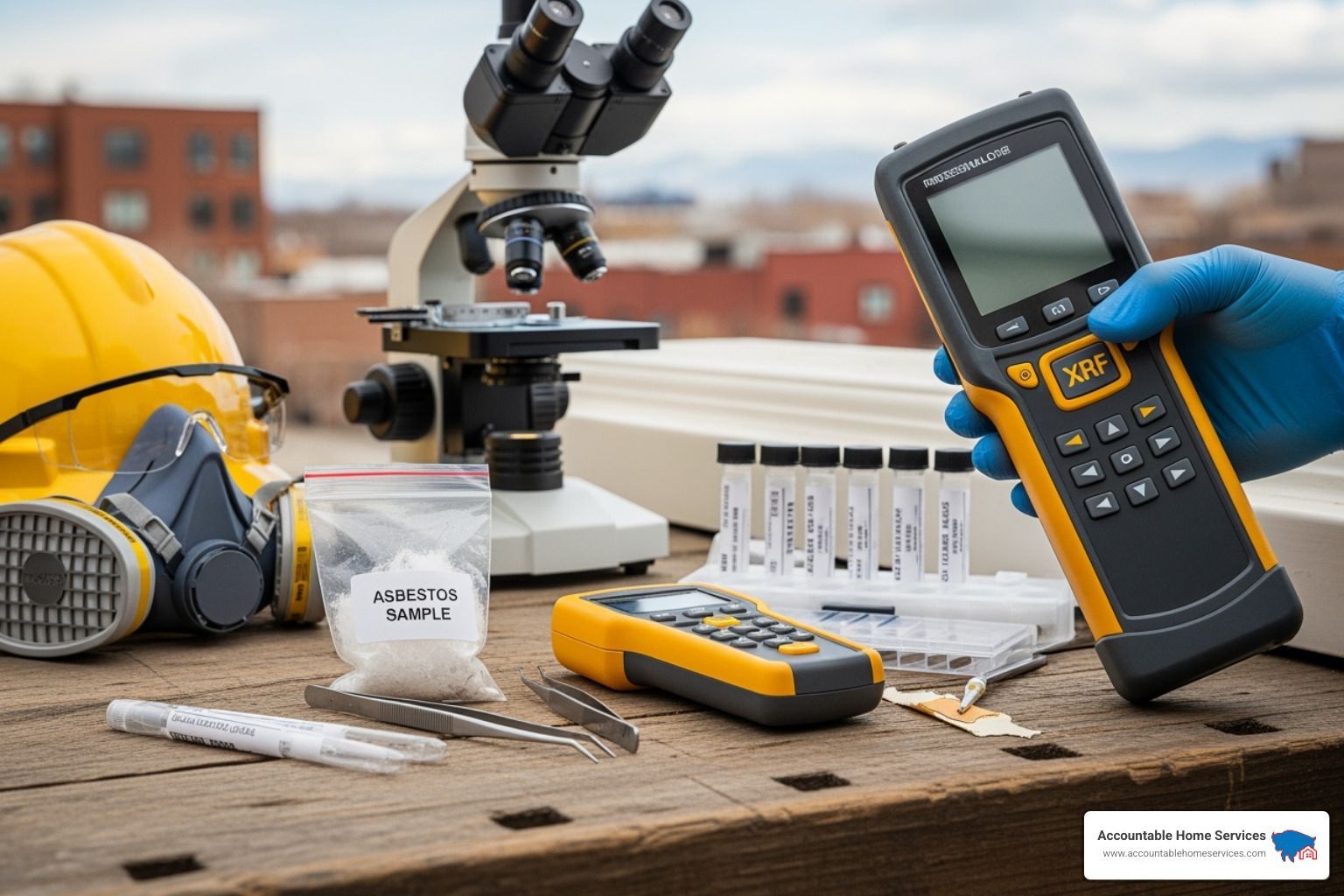
When it comes to asbestos and lead testing denver, choosing the right company is about ensuring your family's safety with accurate, trustworthy results. Vetting a company is straightforward if you know what to look for.
Essential Certifications to Look For
Every legitimate testing company should readily provide their credentials. Here’s what to ask for:
- Colorado Certified Asbestos Building Inspector (BPI): Any individual performing asbestos inspections must be certified by the Colorado Department of Public Health and Environment (CDPHE).
- State-Registered Asbestos Consulting Firm: The company itself must be registered with the state to provide asbestos consulting services.
- EPA Lead-Safe Certified Firm: This certification shows the company is trained in federal regulations and lead-safe work practices.
- NVLAP Accredited Laboratory: The lab analyzing your samples should have National Voluntary Laboratory Accreditation Program (NVLAP) accreditation, confirming it meets strict quality standards. For broader environmental work, an AIHA LAP, LLC EMLAP accreditation is also a good sign.
You can verify many of these credentials on the CDPHE website, which maintains a public database of
Asbestos-certified individuals.
Red Flags to Avoid
Be wary of companies that cut corners. Here are some major red flags:
- Conflict of Interest: The biggest red flag is a company that offers both testing and abatement services without proper separation. An independent testing firm has no financial incentive to find problems, ensuring unbiased results.
- Vague Pricing: Reputable companies provide clear, itemized quotes. If a company gives you a vague estimate without understanding your project or refuses to put it in writing, look elsewhere.
- Lack of Certification: A company that cannot immediately provide proof of its state and federal certifications is not operating legally and should be avoided.
- High-Pressure Tactics: Legitimate companies explain your options without pressuring you into immediate, expensive services. Accuracy and safety should always be the top priorities.
At Accountable Home Services, we partner with testing professionals who meet these high standards because we know how important accurate results are for our clients' safety and peace of mind.
Navigating Colorado Regulations for Asbestos and Lead Testing in Denver

Colorado takes asbestos and lead testing denver requirements seriously—more seriously than many other states. Understanding these regulations isn't just about avoiding fines; it's about protecting everyone involved in your project and ensuring your renovation proceeds smoothly.
As someone who's helped countless Denver families steer these regulations, I can tell you that while Colorado's rules might seem strict, they exist for good reason. The state has learned from decades of experience about the health risks these materials pose.
Colorado's Asbestos Regulation 8, Part B
Colorado Regulation 8, Part B is the cornerstone of asbestos regulation in our state. This isn't just bureaucratic red tape—it's a comprehensive framework designed to protect public health during renovation and demolition projects.
The regulation makes mandatory testing before renovation or demolition absolutely clear: you cannot proceed with any work that might disturb building materials without first having them tested. This applies whether you're removing a single popcorn ceiling or gutting an entire building. The Colorado Department of Public Health and Environment (CDPHE) requires notification for all demolitions and any asbestos abatement projects that exceed specific trigger levels.
Understanding trigger levels for abatement is crucial for planning your project. If your work involves disturbing more than 260 linear feet on pipes, 160 square feet on other surfaces, or 35 cubic feet of friable asbestos materials, you'll need professional abatement with specific procedures and permits. These aren't arbitrary numbers—they represent the point where asbestos exposure risks become significant enough to require specialized handling.
Permit requirements kick in when you're dealing with friable asbestos projects in public access areas that exceed these trigger levels. The CDPHE handles all permit applications and enforcement. They also oversee compliance with the Asbestos Hazard Emergency Response Act (AHERA) for schools, which means any work on educational facilities involves additional oversight layers.
One practical note: since September 2020, all payments to CDPHE for permits and certifications must go through their online portal. They no longer accept checks, credit cards, or money orders in person—so plan accordingly when budgeting for permits.
For detailed guidance, you can review the official Regulation 8, Part B: Asbestos document. The CDPHE also provides a helpful CDPHE Asbestos Inspection Flowchart that walks you through the entire process step by step.
Additional Environmental Services
While asbestos and lead testing denver might be your immediate concern, many properties benefit from comprehensive environmental testing. We often recommend considering these additional services, especially if you're already having testing done.
Mold testing is particularly relevant in Colorado's climate, where moisture issues can develop quickly. Our team frequently coordinates Mold Testing Denver services alongside asbestos and lead assessments, since disturbing materials during renovation can sometimes reveal hidden moisture problems.
Water quality testing becomes important if your renovation involves plumbing work or if you suspect contamination from bacteria, viruses, toxic metals, or pesticides. Indoor air quality testing can identify volatile organic compounds (VOCs) and other airborne contaminants that might affect your family's health.
Methamphetamine residue screening is unfortunately becoming more common in Colorado, especially when purchasing older properties or rental units. Legionella testing is crucial for properties with complex water systems, while USP 797 and USP 800 testing applies to specialized facilities like pharmacies.
Sewage and bacteria testing might be necessary after water damage incidents, and radon testing is always wise in Colorado, given our geological conditions.
The beauty of working with experienced environmental testing professionals is that they can often coordinate multiple tests during a single visit, saving you time and money while providing a complete picture of your property's environmental health. We're always happy to help you determine which additional tests might benefit your specific situation.
Your Test Was Positive. What's the Next Step?
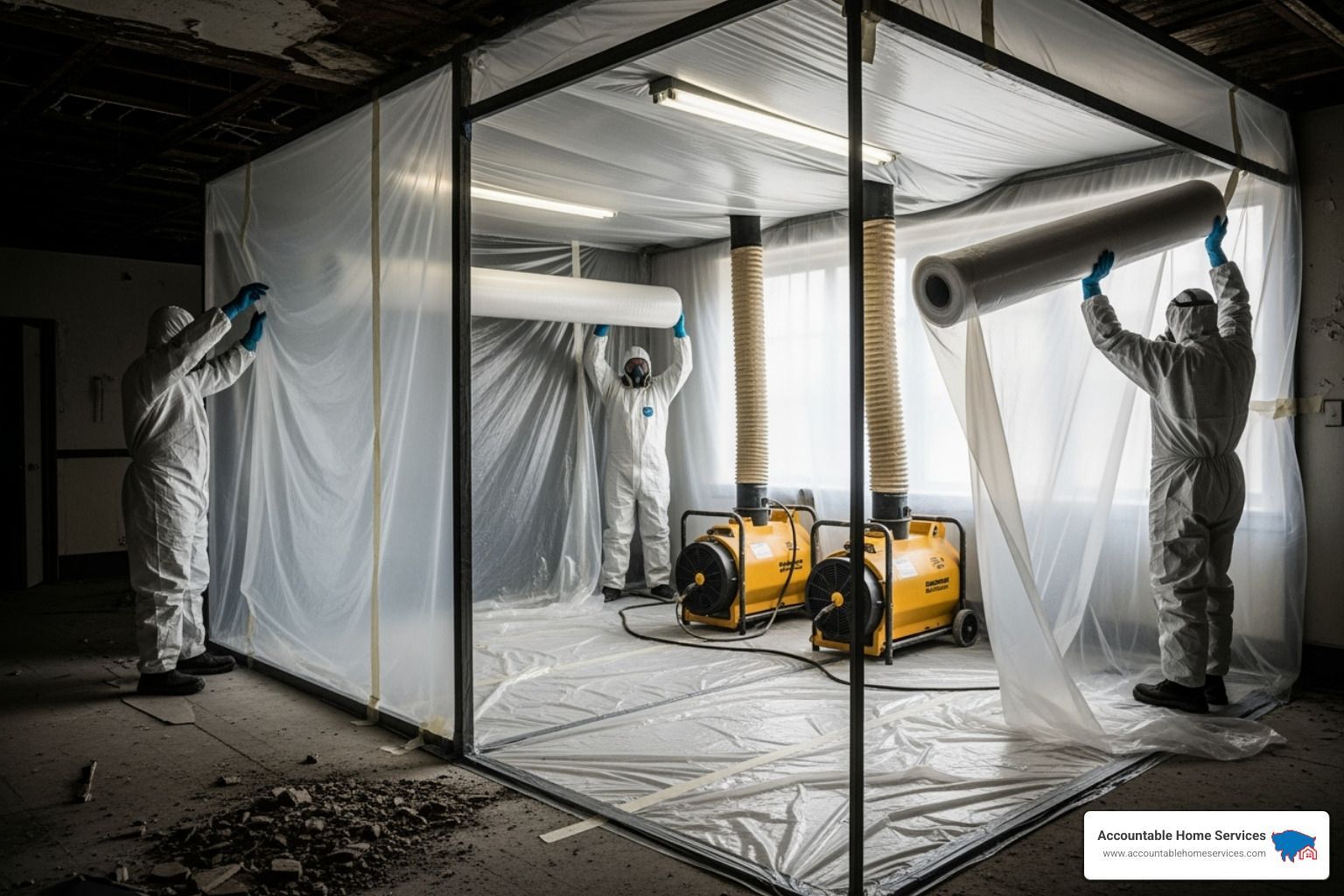
A positive test for asbestos or lead can feel overwhelming, but you're not alone. With the right team, you can steer this situation successfully. Asbestos and lead testing denver was the first step—now it's time to create a safe, healthy environment for your family.
Finding a Qualified Abatement Contractor
Choosing the right abatement contractor is your most important next step. Your family's health depends on getting this right.
- Separation of Services: Best practices recommend using an independent firm for abatement that is separate from the testing company. This ensures objectivity.
- Certifications: Look for certified General Abatement Contractors with current CDPHE certifications. They have specialized training in containment, disposal, and safety protocols.
- Safe Removal Process: A professional contractor will use specialized equipment like negative air machines and HEPA filtration. They should clearly explain their containment and disposal methods.
- Air Clearance Testing: After abatement, an independent third party must test the air to confirm fiber levels are safe. This is your guarantee the job was done right.
As a certified restoration company, we handle these complex situations daily. Learn more about our approach on our
Professional Asbestos Removal Company page.
The Abatement and Remediation Process
Professional abatement follows a precise sequence to protect you, your neighbors, and the workers.
- Containment Setup: The work area is sealed off with thick plastic sheeting to keep contaminants from spreading through your home.
- Negative Air Pressure: Specialized machines with HEPA filters create a vacuum effect, ensuring air flows only into the work area, not out.
- Safe Material Removal: For asbestos, materials are wetted to prevent fibers from becoming airborne. For lead, methods may include scraping, chemical removal, or encapsulation. All materials are double-bagged and labeled.
- HEPA Vacuuming and Cleaning: Every surface is carefully cleaned multiple times throughout the process.
- Proper Disposal: Hazardous materials are transported to designated facilities according to strict state regulations.
- Post-Abatement Verification: An independent hygienist performs a final inspection and air quality test. The area is only cleared for re-entry once it passes.
This meticulous process ensures your home is returned to a safe state. For more details, visit our
Asbestos Abatement Denver page.
Your Partner for a Safe and Healthy Denver Home
Your home is more than just four walls and a roof—it's where your family creates memories, finds comfort, and builds their future. That's why protecting your investment and ensuring your family's safety isn't just our job at Accountable Home Services; it's our passion.
We know that dealing with asbestos and lead testing denver can feel overwhelming. The regulations are complex, the stakes are high, and finding trustworthy professionals in a field filled with technical jargon isn't easy. As a family-owned restoration and remodeling company serving the entire Denver Metro Area—including Broomfield, Westminster, Thornton, Northglenn, Arvada, Boulder, Longmont, and Erie—we've guided hundreds of families through this exact process.
What sets us apart is our comprehensive approach. We don't just connect you with certified testing professionals; we stay with you through the entire journey. Whether you're dealing with a planned renovation that requires testing, or you've finded potential hazards during an emergency restoration, our team understands both the technical requirements and the emotional stress involved.
Our certified technicians specialize in water, fire, mold, and asbestos remediation, offering 24/7 emergency response with direct insurance billing to minimize stress during already challenging times. We use cutting-edge equipment and adhere to the strictest safety standards, ensuring each project is completed quickly and thoroughly. But more importantly, we believe in transparent communication—explaining every step, answering every question, and making sure you feel confident in the decisions you're making for your family's safety.
Beyond disaster recovery, we offer full-service home improvement solutions custom to Colorado's unique climate and homeowners' needs. From energy-efficient upgrades to complete remodeling projects, we understand that every home improvement decision impacts your family's health and happiness. That's why we combine professional expertise with a commitment to top-quality craftsmanship in everything we do.
When you're ready to take the next step, whether it's understanding your testing options or moving forward with remediation, we're here to help. For comprehensive and certified environmental solutions, from testing guidance to full-service Asbestos Testing and remediation, contact our team today.
Your Denver home should be a safe, healthy, and happy place for years to come. Let us help you make sure it stays that way.

